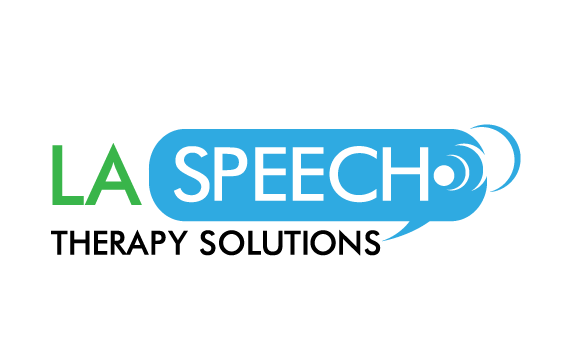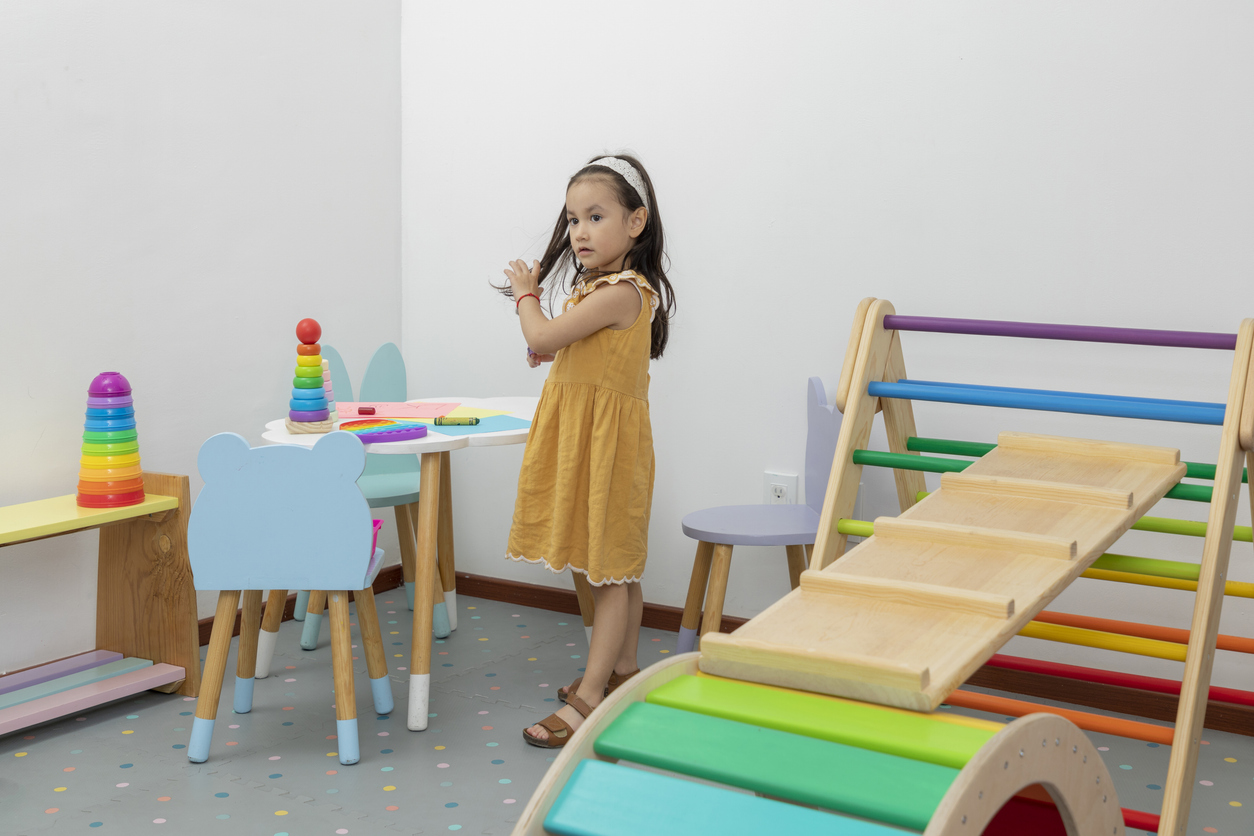
Stuttering can be extremely frustrating and even embarrassing for those who experience it. It can make speaking in public or everyday conversations with family and friends difficult. However, there are many methods you can use to help stop or reduce stuttering. Stuttering speech therapy from a reputable provider is one of the most effective ways, but there are other in-home strategies and techniques that may be helpful depending on your unique situation.
Stuttering is a condition in which an individual may repeat sounds, syllables, and words—seemingly beyond their control. An individual may also experience short periods in which the flow of speech is adversely affected—or unusual sentences or movements may also be observed. However, there are many methods parents can use to help stop or reduce stuttering.
At-home practices to prevent stuttering
There are several things that you—as a parent—can do that can enable a child to converse more smoothly. These strategies will not eliminate your child’s stuttering altogether. Instead, they are changes you can make in your own conduct or surroundings that can help your child during the brief periods in which stuttering occurs. Here are some useful tips that parents and caregivers can use as in-home stuttering speech therapy to help their child deal with stuttering:
-
Talk more slowly to your child.
Slowing down when you speak helps your child process the words and sentences more easily and can help them reduce their stutter. Make sure you allow your child enough time in between words and pauses so that they don’t feel rushed while speaking. If needed, use hand gestures or even a visual tool like flashcards or pictures to help break down complex thoughts into simpler ones for your child. Additionally, try using a slower rate of speech when conversing with your child—this will make it easier for them to follow along without feeling overwhelmed by information overload.
-
Don’t reactive negatively to your child’s stuttering
When a child stutters, it can be difficult for parents to remain calm and patient. It is important to remember that the child’s stuttering is not a reflection of their intelligence or character. Reacting negatively to your child’s stuttering will only serve to make them feel embarrassed and ashamed, which can lead to further anxiety about speaking in public. Parents should strive to remain positive when interacting with their children about their speech impediments
-
Encourage taking turns when talking
When trying to reduce or stop stuttering, it is important to encourage taking turns when talking. Taking turns allows the speaker to take a breath and articulate their thoughts without feeling rushed. Practicing this technique in stuttering speech therapy can help those who stammer gain more control over their speech patterns.
Professional therapies have a variety of strategies for how to stop stuttering permanently—including the encouragement of conversation partners, such as family and friends, to take turns interacting with your child. Another strategy is for people who do not normally stutter to pause during conversation and give the person who does stutter time to fill in the silence.
One of the more effective stuttering treatments for adults and children alike is for the therapists themselves to incorporate special cues indicating when it’s time for the conversational partner with stuttering issues to speak. By providing visual cues like these, both people will become more aware of conversational turn-taking techniques that could help them communicate better together.
-
Avoid trigger words
Trigger words are terms that can cause someone who stutters to become anxious and increase the severity of their stammering. Being aware of these words and avoiding them when interacting with a person who has a stutter is key to creating an environment conducive to fluency.
Trigger words vary from person to person, but common examples include personal pronouns such as “I”, “me”, or “my”, as well as longer phrases like “What do you think?” or “Can you tell me?” To avoid using trigger words around someone who stutters, try to phrase your questions in more open-ended ways. Instead of asking “Do you have any questions?”, ask “What would you like to know?”
Stuttering speech therapy: When to Get Help for Your Child
LA Speech Therapy Solutions offers stuttering treatment for adults and children alike. Children who often hesitate before speaking or who struggle and repeat certain words, syllables, and phrases may have a stuttering problem.
However, this is not always the case. These inconsistencies may be simply normal behaviors of learning to speak fluently, something that every child encounters. Here are some tips for helping parents determine the differences between normal language development and potential stuttering issues.
Normal Signs of Fluency Development
- In the early stages of speech development, it is common for children to occasionally repeat certain words or syllables a couple of times. They might make stammering sounds li-li-like this, for example.
- Another common symptom of typical speech development is the inclusion of filler words every now and then, such as “um,” “er,” or “uh.”
- Up until approximately 5 years of age, all children will exhibit occasional disfluencies in speech. These disfluencies will come and go with no real pattern. These occasional verbal missteps are simply signs that the child is trying to use his or her language skills in a new and different way. Even if the inaccuracies disappear for a few weeks only to return again later, the child may simply be entering another new stage of speech development.
Potential Signs of Stuttering Issues
- A child with a stuttering issue will repeat sounds and syllables more than a couple of times, li-li-li-li-li-like this.
- There will likely be some obvious tension in the facial muscles and around the mouth as well.
- If the child stutters for more than 10% of his daily speech, then he will likely benefit greatly from professional therapy from a reputable stuttering specialist.
- Some children with stuttering problems begin to avoid certain words completely or use extra sounds at the beginning of the dialogue to jump-start the conversation. If parents begin to see this pattern develop, professional therapy from a reputable stuttering specialist may prove highly beneficial.
LA Speech Therapy Solutions
Professional stuttering treatment for adults and children
There are many ways that parents can help their children with a stuttering condition while in the comfort of their own homes. Patience is key. Slow and relaxed conversations can be very effective in boosting your child’s confidence and helping him or her to overcome stuttering. When a parent takes a few minutes out of each day to have a pleasant, stress-free, one-on-one conversation with the child, tremendous improvement can be made rather quickly.
However, if your at-home stuttering speech therapy exercises are showing little progress, contact a reputable speech therapist for an expert diagnosis and learn more about how to stop stuttering permanently. LA Speech Therapy Solutions offers stuttering treatment for adults and children alike in a safe and non-threatening environment that promotes positive change. For more information on professional stuttering speech therapy, contact La Speech Therapy Solutions today.





